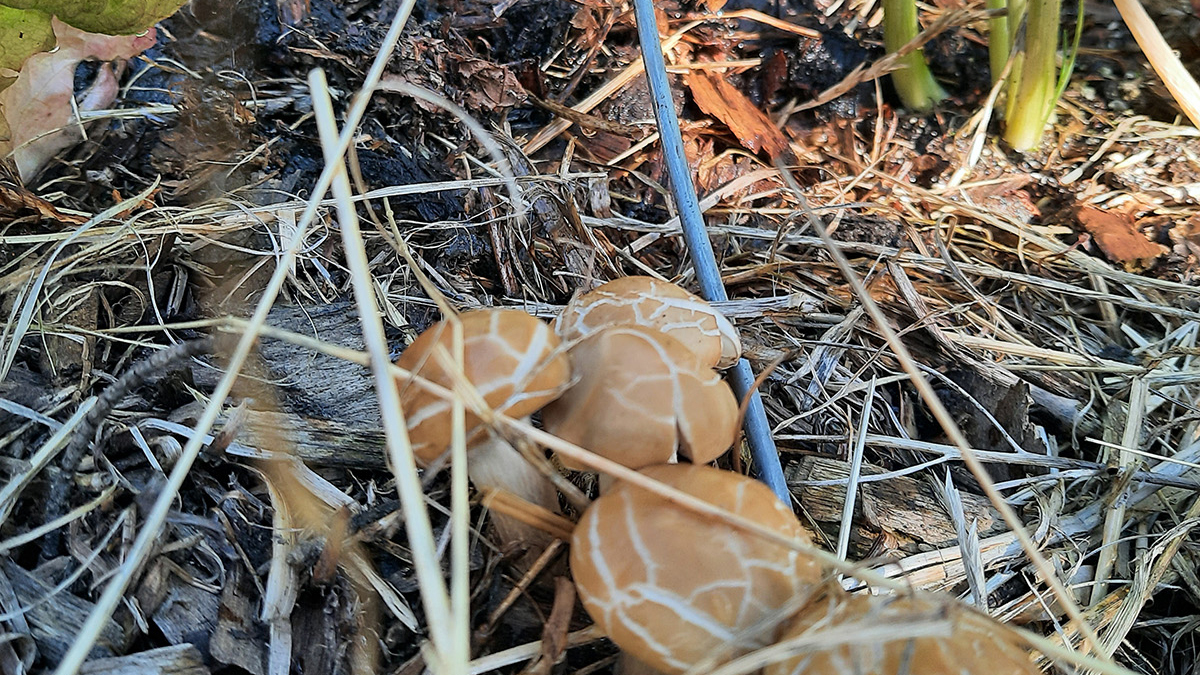Water Woes
I’ve been thinking a lot about water these days, standing for what feels like hours on end (it’s really not), hand-watering veggies. Irony wafts around me as I follow the existing drip irrigation system.
Why?
When I initially had the system installed, the plan was to eventually wean my way off it. This came from permaculture thinking and a grand but vague idea that the soil would reach a point where it wasn’t needed. How it would get there I didn’t know, but it seemed a worthy goal despite – or because of – increasingly hot summers.
Fast forward a few years and with considerably more soil science under my belt, I’m still shooting for this lofty goal. It involves two strategies. First, to build up the number and diversity of key beneficial microorganisms in the soil. Beneficial microbes, in aerobic conditions, are the only thing capable of building that spongy, chocolate-cakey soil structure that we so rarely get to bounce our footsteps off these days. The microbes present will determine the water-holding capacity of the soil. They are key to drought resiliency here in Cowichan.
Second, to not work so hard to establish microbial populations only to kill them off with chlorine in the water supply. While chlorine does a fabulous job of delivering clean water out of pipes, it does this by killing microbes. High levels of salts (conventional agriculture run-off, anyone?) in wells can do the same.
To keep my growing micro-herd happy, I’m neutralising chlorine with a few drops of humic acid. Just enough to change the colour of the water will ensure the chlorine is bound up. If only it were as simple as letting the water sit to gas off – unfortunately that isn’t effective enough for the microbes. So humic acid it is (fungi love it, which is a bonus) and back to hand watering for me, for just a couple more seasons… or until I find an in-line fertiliser injector system beneath the Christmas tree, to upscale my humic distribution.
If you’re on municipal water too, you can select free humic acid with any plant purchase from Spring Hill Soil Laboratory on www.cow-op.ca.
